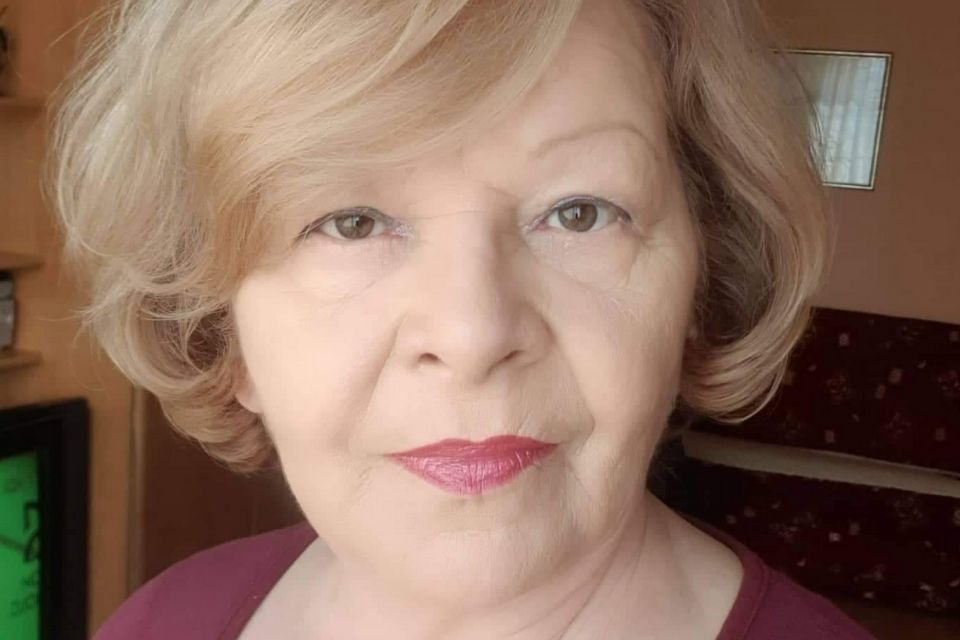In the words of Zibija Sarenkapic: “To quickly respond to the needs of women survivors of violence, we decided to digitize our services.”
Zibija Sarenkapic is one of the most vocal advocates for women’s rights in the town of Novi Pazar, in southwestern Serbia. With the COVID-19 pandemic and the related measures, her organization, DamaD, has found an innovative way to approach women survivors of violence with the support of a UN Women project with the Ministry of Interior, funded by the Norwegian embassy in Serbia.Date:

![]()
During the COVID-19 crisis, we have seen a huge increase in the number of cases of violence, with almost 53 per cent more calls and legal support provided on average per day. Thanks to the support of UN Women, we hired additional volunteers and made our services available 24/7, allowing women to call at a time when they feel most comfortable. This is mostly in the early morning hours or very late at night when the abuser is asleep or otherwise preoccupied so the woman may have some privacy to get the information she needs.
The largest number of new violence cases was reported during the period of prolonged lock down, when movement was absolutely restricted. It is very important to take this into account when talking about the costs of implementing such drastic measures. Women were unfortunately the ones who paid the price.
Most of the women facing situations of violence who contacted us used a regular phone, but about 15 per cent made a Viber call, and 23 per cent sent us Viber messages. Surprisingly, the women who approached us on Viber come from very different age groups - the youngest was 23, and the oldest 59. We had presumed that only younger women would try to reach us this way. This also indicates a growing need for digitalization of services.
To quickly respond to this need and enable women to contact us any time and in the most convenient way for them, we decided to digitize our services by developing the so-called Viber chatbot. It’s an automated messaging system that, once finalized, will provide basic information to survivors of violence, facilitating the process on three levels. Firstly, many women are actually looking for general information on how to protect themselves and the chatbot will allow them to get all that information right away. Secondly, by removing the need for a person to respond to general information, our volunteers will have much more time to provide counseling, psychological and emotional support to the women who call the regular phone number. And, finally, many women live with the abuser, and with job loss caused by the pandemic (or limited movement) and most of the time spent at home - the chatbot will allow them to obtain basic information quickly and in a discrete way.
In addition to the increased calls to report violence, the COVID-19 crisis has unveiled all the weakness of the institutional support system. It showed that state institutions do not actually have adequate mechanisms for disaster risk reduction or for dealing with emergency situations. We must not forget that the crisis is not over yet, and that a fiscal apocalypse is coming to us in the fall, which will again primarily affect women, as well as marginalized groups. In this sense, it is crucial that we jointly create a space for women, and especially for the most vulnerable among them, to have their say, to have a seat at the table with decision makers and also to have enough strength to influence the decisions that shape our society.”